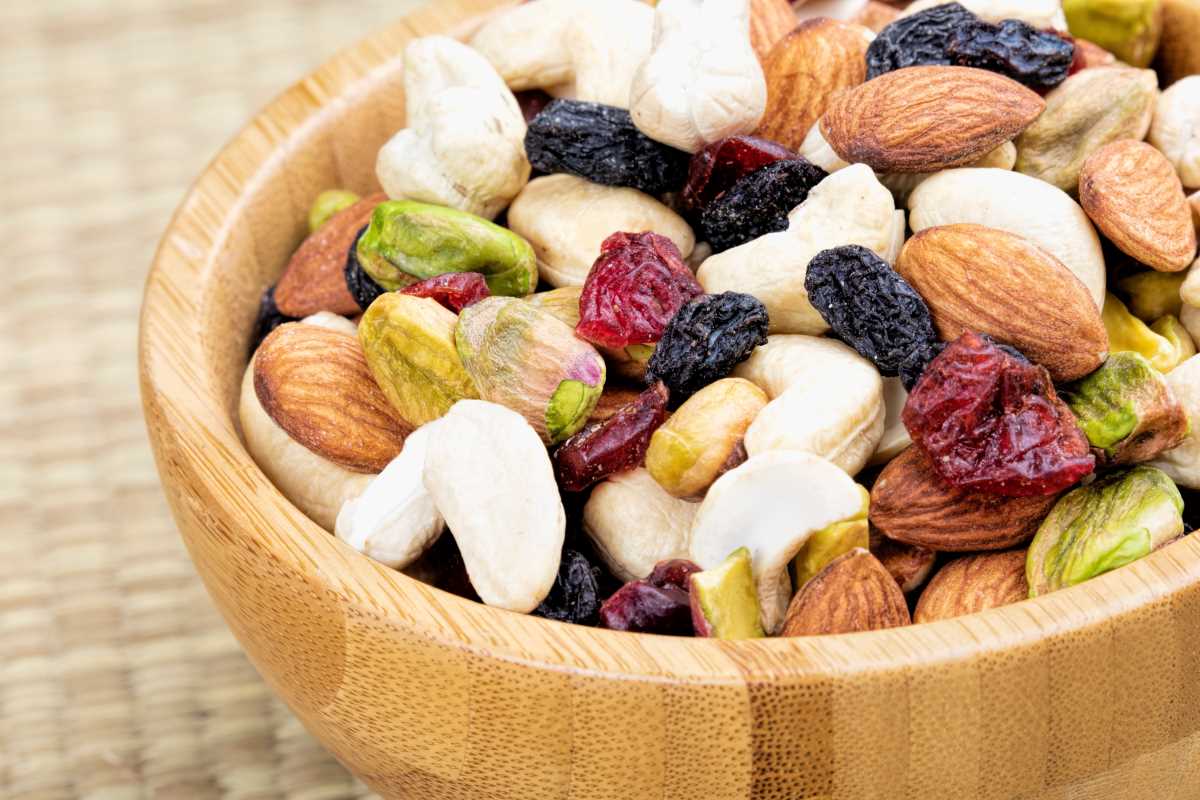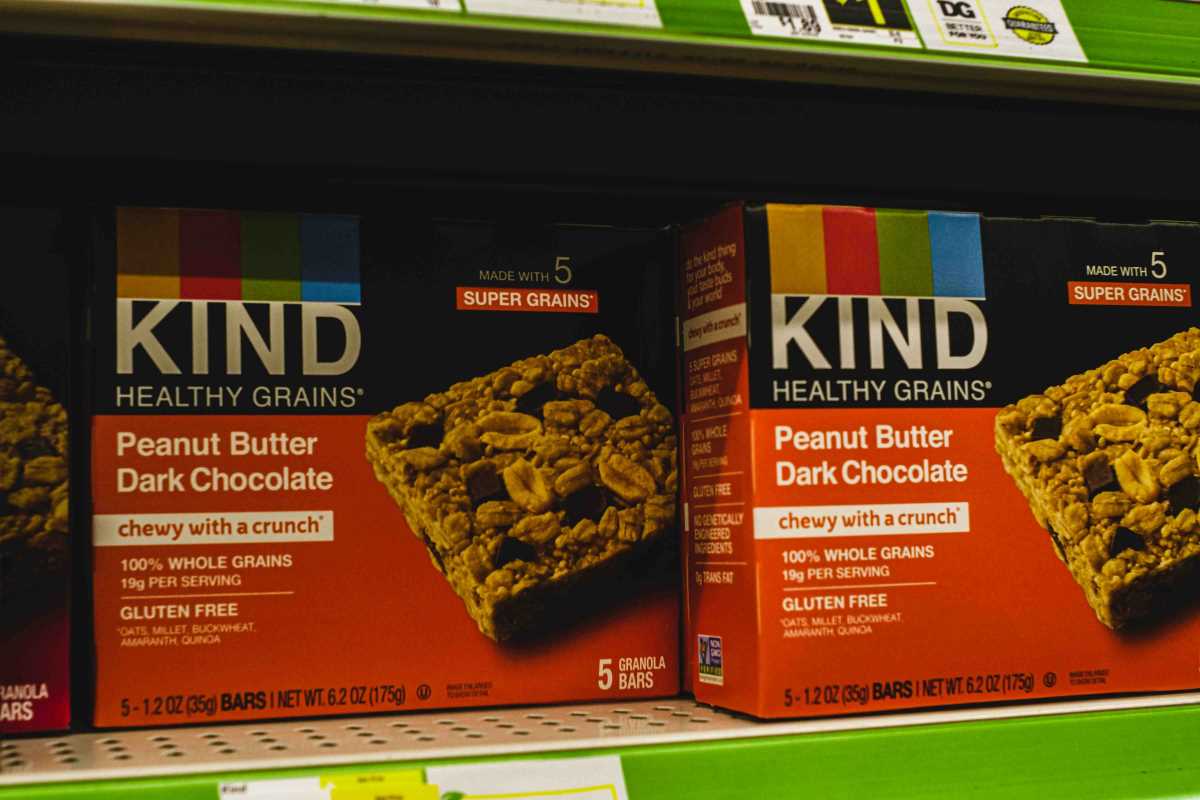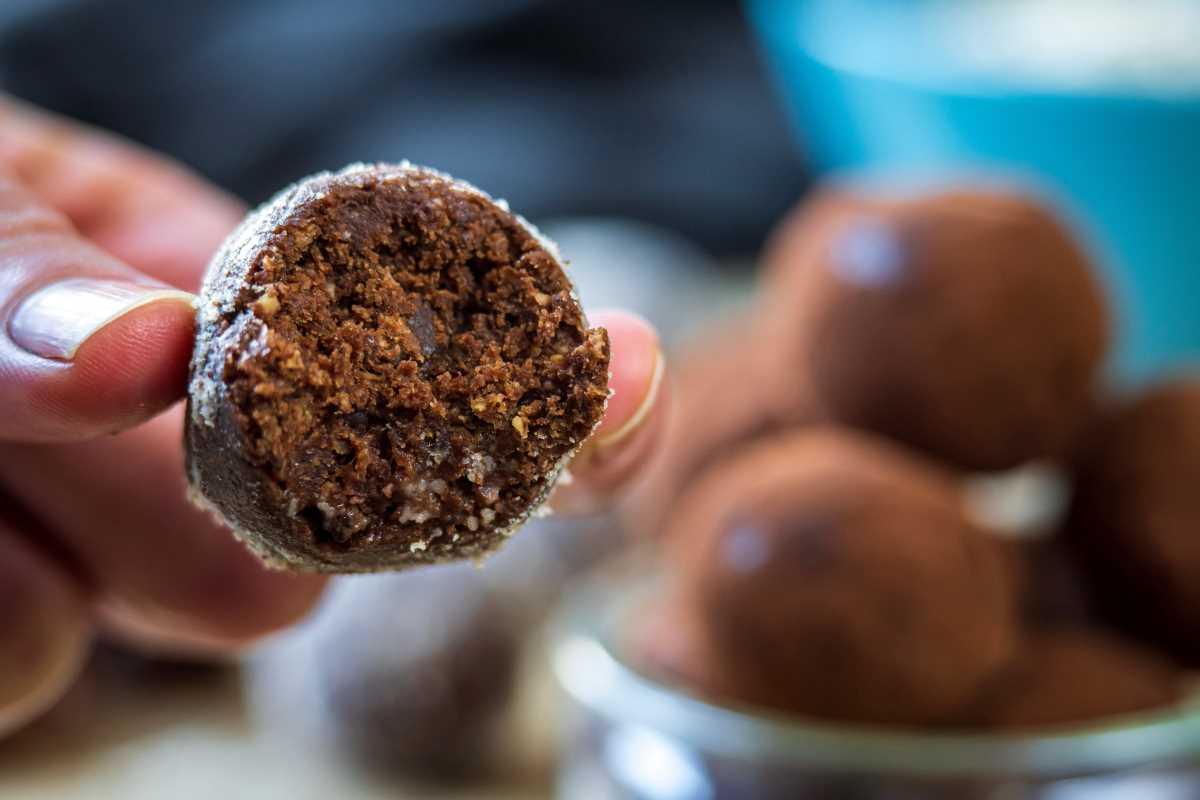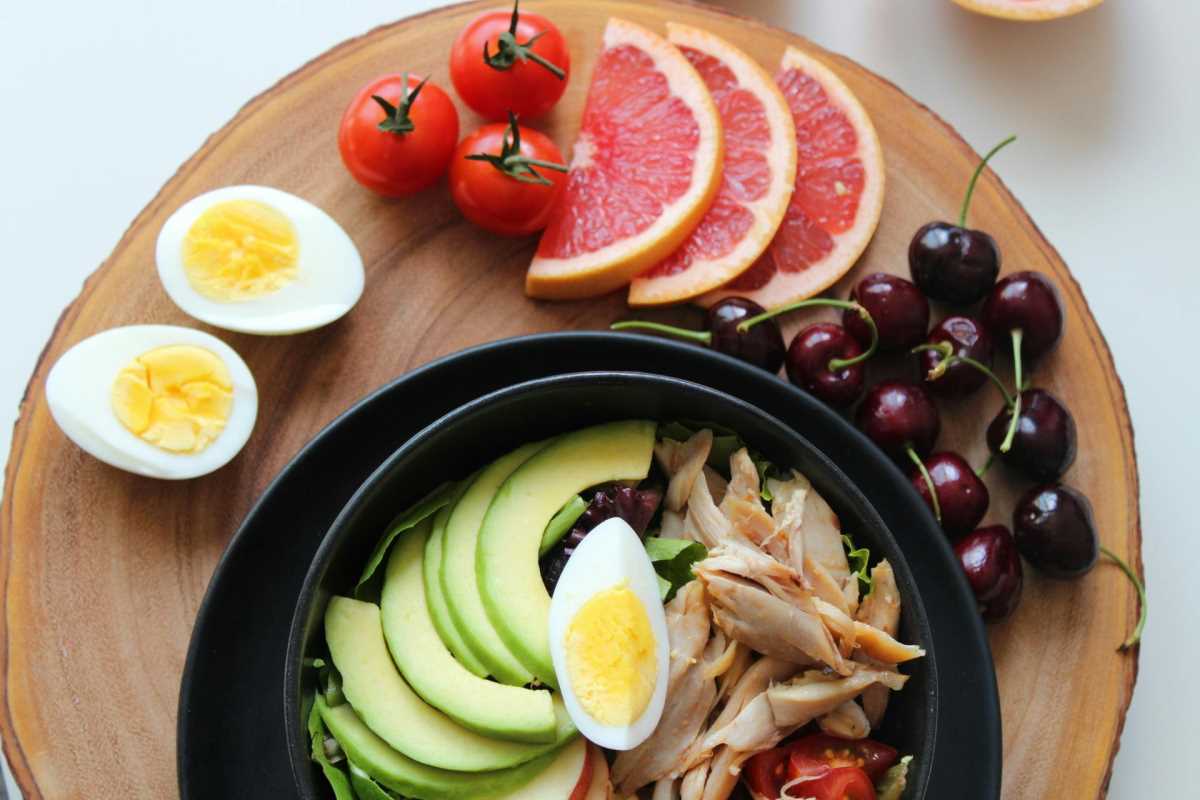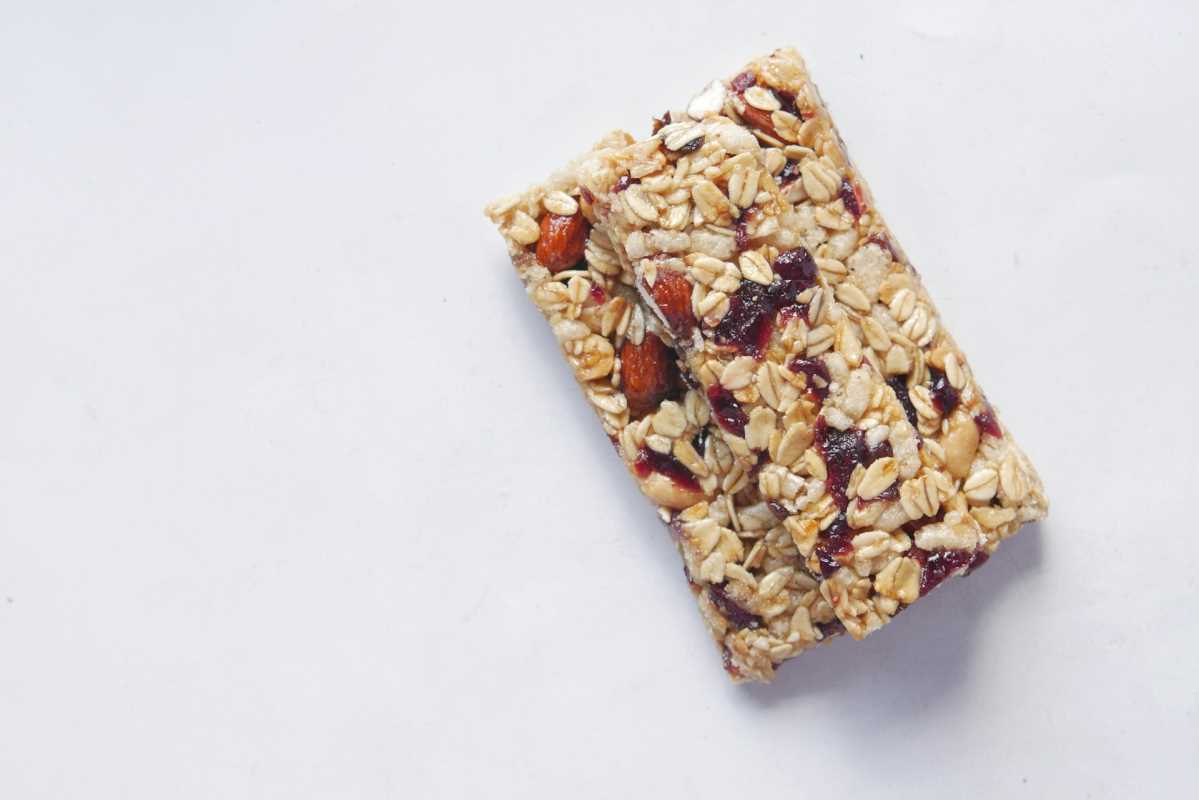They say breakfast sets the tone for the day—and it's true. The first meal you eat can either give you lasting energy and focus or leave you sluggish and reaching for snacks by mid-morning. Research consistently shows that people who eat a balanced breakfast perform better cognitively, maintain more stable energy levels, and make healthier food choices throughout the day.
The good news? You don't need a total kitchen overhaul to make your mornings healthier. A few small, simple swaps can transform your breakfast into a nutrient-packed meal that fuels both body and brain. Let's explore how these strategic changes can revolutionize your morning routine and set you up for daily success.
1. Upgrade Your Toast: Foundation for Sustained Energy
Instead of white bread, choose whole-grain or sprouted bread for more fiber and nutrients. This simple swap provides up to 4 times more fiber, B vitamins, and minerals that support energy metabolism and brain function.
The Science Behind Better Bread:
- Whole grains release glucose slowly, preventing energy crashes
- B vitamins support neurotransmitter production for better focus
- Fiber helps regulate appetite hormones, keeping you satisfied longer
Power-Packed Topping Ideas:
- Avocado Supreme: Mashed avocado with hemp seeds, cherry tomatoes, and a sprinkle of everything bagel seasoning
- Nut Butter Delight: Almond butter topped with sliced banana, chia seeds, and a drizzle of honey
- Cottage Cheese Creation: High-protein cottage cheese with fresh berries and crushed walnuts
- Savory Protein Boost: Hummus base with cucumber slices, radish, and microgreens
Pro Tip: Toast your bread lightly to maintain more nutrients, and store whole-grain bread in the freezer to extend freshness while preserving nutritional value.
2. Rethink Sugary Cereals: Breaking the Morning Sugar Cycle
Colorful cereals may be fun, but they're often loaded with sugar and lacking in protein, leading to blood sugar spikes followed by energy crashes around 10 AM. The average sugary cereal contains 12-15 grams of sugar per serving—nearly half your daily recommended limit before you've even started your day.
Smart Cereal Alternatives:
- Steel-cut oats: Provide 4 grams of fiber and sustained energy for 3-4 hours
- Low-sugar granola: Look for options with less than 6 grams of sugar per serving
- High-fiber cereals: Choose varieties with at least 5 grams of fiber and 5 grams of protein
- Homemade muesli: Combine rolled oats, nuts, seeds, and dried fruit for customized nutrition
Protein-Boosting Strategies:
- Greek yogurt parfait: Layer Greek yogurt with high-fiber cereal and fresh berries
- Nut and seed mix: Add almonds, walnuts, pumpkin seeds, or sunflower seeds
- Protein powder integration: Stir vanilla protein powder into oatmeal for an extra 15-20 grams of protein
- Hard-boiled egg on the side: Provides complete protein and healthy fats
Real-World Impact: Making this switch can reduce your morning sugar intake by 75% while tripling your protein consumption, leading to 40% better appetite control throughout the morning.
3. Add Protein to Smoothies: Liquid Nutrition That Lasts
A fruit-only smoothie might taste delicious, but it can leave you hungry within an hour due to its high sugar content and lack of staying power. Adding protein and healthy fats transforms your smoothie into a complete meal replacement.
Protein Powerhouse Options:
- Greek yogurt: Adds 15-20 grams of protein plus probiotics for gut health
- Protein powder: Choose high-quality options with minimal artificial ingredients
- Silken tofu: Provides creamy texture plus complete plant-based protein
- Nut butters: Add healthy fats and protein while creating rich, satisfying flavor
Creative Smoothie Combinations:
- Green Goddess: Spinach, banana, mango, Greek yogurt, and almond butter
- Chocolate Recovery: Cacao powder, banana, protein powder, and almond milk
- Tropical Protein: Pineapple, coconut yogurt, vanilla protein powder, and chia seeds
- Berry Antioxidant: Mixed berries, Greek yogurt, oats, and ground flaxseed
Nutrient-Dense Additions:
- Leafy greens: Spinach and kale add vitamins without altering taste significantly
- Healthy fats: Avocado, chia seeds, or ground flaxseed for omega-3s and satiety
- Fiber boosters: Oats, chia seeds, or psyllium husk for digestive health
Expert Insight: Nutritionists recommend aiming for 15-25 grams of protein in breakfast smoothies to maintain stable blood sugar and sustained energy for 3-4 hours.
4. Swap Juice for Whole Fruit: Fiber's Natural Advantage
A glass of orange juice contains the sugar equivalent of 3-4 oranges but none of the beneficial fiber, leading to rapid blood sugar spikes and subsequent crashes. Eating whole fruit provides fiber that slows sugar absorption and promotes satiety.
The Fiber Difference:
- One medium orange: 3 grams of fiber, 62 calories
- One cup orange juice: 0.5 grams of fiber, 112 calories
- Blood sugar impact: 60% lower with whole fruit versus juice
Perfect Fruit and Protein Pairings:
- Apple slices with almond butter: Provides fiber, healthy fats, and protein
- Berries with Greek yogurt: Antioxidants plus probiotics and protein
- Banana with peanut butter: Natural sugars balanced with protein and healthy fats
- Pear with string cheese: Fiber-rich fruit with convenient protein source
Seasonal Fruit Strategies:
- Spring: Strawberries and kiwi for vitamin C and fiber
- Summer: Stone fruits like peaches and plums with cottage cheese
- Fall: Apples and pears paired with nuts for sustained energy
- Winter: Citrus fruits with protein-rich Greek yogurt
Hydration Alternative: If you miss the liquid component, try infusing water with fresh fruit slices or herbs for flavor without added sugars.
5. Choose Better Toppings: Small Changes, Big Impact
Skip the sugary syrups and flavored creamers that can add 50+ calories and 12 grams of sugar to your morning meal. Natural flavor enhancers provide sweetness along with beneficial nutrients.
Natural Sweetening Strategies:
- Cinnamon: Helps regulate blood sugar while adding warmth and flavor
- Vanilla extract: Provides sweetness perception without calories
- Raw honey: Contains antioxidants and enzymes, unlike processed sugar
- Pure maple syrup: Offers minerals like manganese and zinc
Nutrient-Dense Toppings:
- Fresh berries: Packed with antioxidants, fiber, and natural sweetness
- Chopped nuts: Provide healthy fats, protein, and satisfying crunch
- Ground flaxseed: Adds omega-3 fatty acids and fiber
- Coconut flakes: Healthy fats and tropical flavor
- Cacao nibs: Natural chocolate flavor with antioxidants
Creative Flavor Combinations:
- Oatmeal upgrade: Steel-cut oats with cinnamon, chopped walnuts, and fresh blueberries
- Pancake perfection: Whole-grain pancakes topped with Greek yogurt, berries, and a drizzle of honey
- Coffee enhancement: Add cinnamon and a splash of unsweetened almond milk instead of flavored creamer
Cost-Effective Tips: Buy nuts and seeds in bulk, freeze berries when they're in season, and invest in high-quality spices that enhance flavor naturally.
6. Don't Forget Hydration: Your Body's Wake-Up Call
Many people reach straight for coffee but skip water, missing an opportunity to rehydrate after 6-8 hours without fluids. Proper hydration supports every cellular function, including energy production and cognitive performance.
The Morning Hydration Protocol:
- Start with water: Drink 16-20 ounces upon waking to kickstart metabolism
- Add electrolytes: A pinch of sea salt or lemon juice enhances hydration
- Time your coffee: Wait 30-60 minutes after waking for optimal cortisol balance
- Continue throughout breakfast: Sip water while eating to aid digestion
Hydrating Breakfast Ideas:
- Water-rich fruits: Watermelon, oranges, and berries contribute to fluid intake
- Herbal teas: Caffeine-free options like chamomile or mint provide variety
- Coconut water: Natural electrolytes for those who exercise in the morning
- Infused water: Add cucumber, mint, or citrus for flavor without calories
Signs You're Well-Hydrated:
- Clear or light yellow urine
- Stable energy levels
- Better concentration and mood
- Reduced morning headaches
Expert Recommendation: Aim to consume 20-25% of your daily fluid needs within the first two hours of waking to optimize hydration status and metabolic function.
The Ripple Effect: How Better Breakfasts Transform Your Day
Enhanced Cognitive Performance
Research shows that balanced breakfasts containing protein, healthy fats, and complex carbohydrates improve:
- Working memory by up to 15%
- Attention span and focus for 4-6 hours
- Problem-solving abilities and creative thinking
- Mood stability and stress resilience
Improved Physical Energy
Strategic breakfast choices provide:
- Steady blood sugar levels preventing energy crashes
- Enhanced fat burning throughout the day
- Better workout performance if you exercise later
- Reduced afternoon fatigue and food cravings
Long-Term Health Benefits
Consistent healthy breakfast habits support:
- Weight management and healthy metabolism
- Cardiovascular health through improved cholesterol levels
- Better insulin sensitivity and diabetes prevention
- Stronger immune function through nutrient density
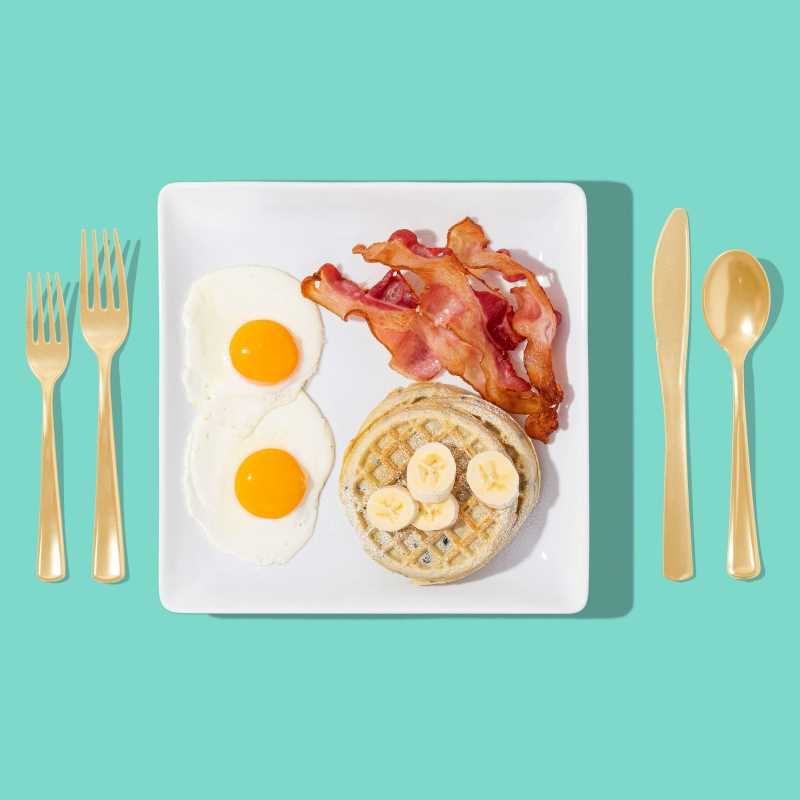 (Image via
(Image via